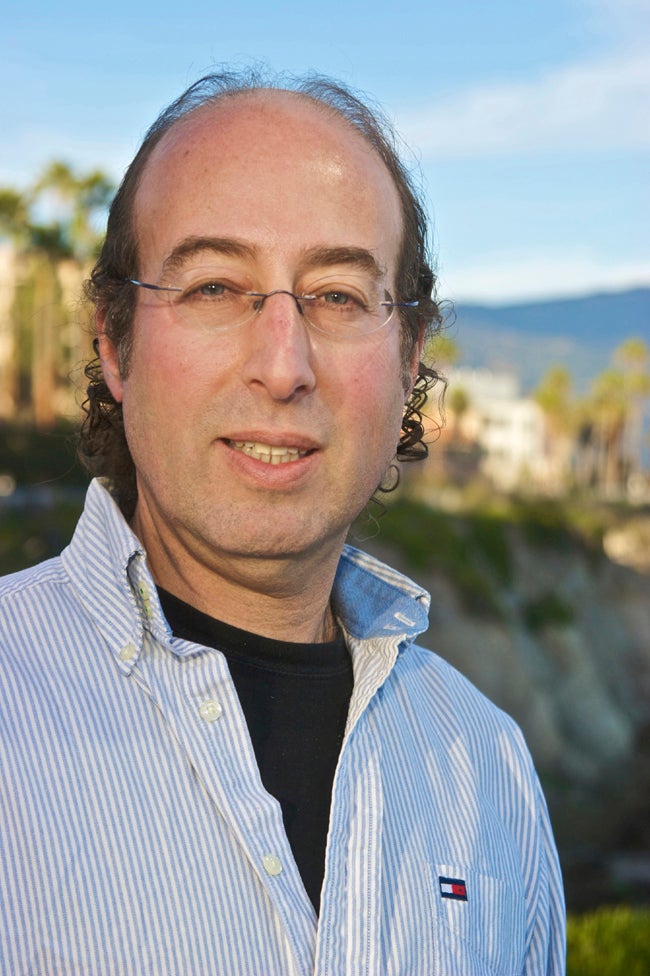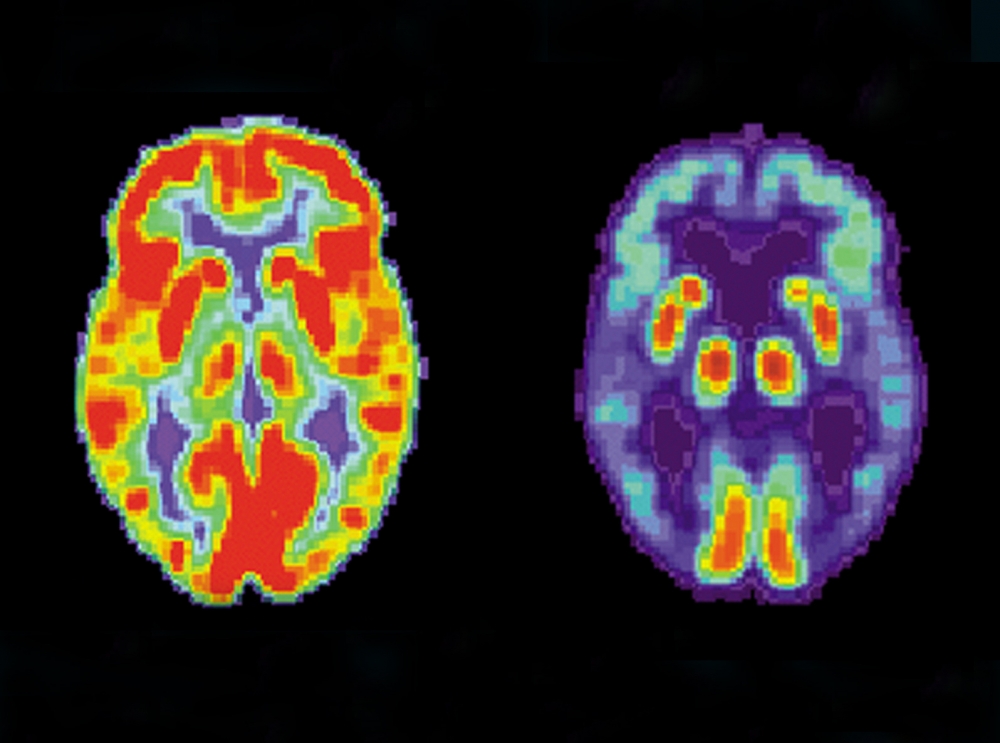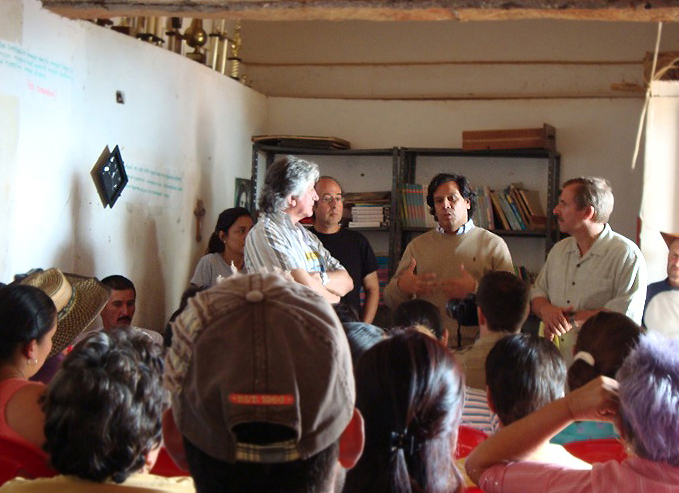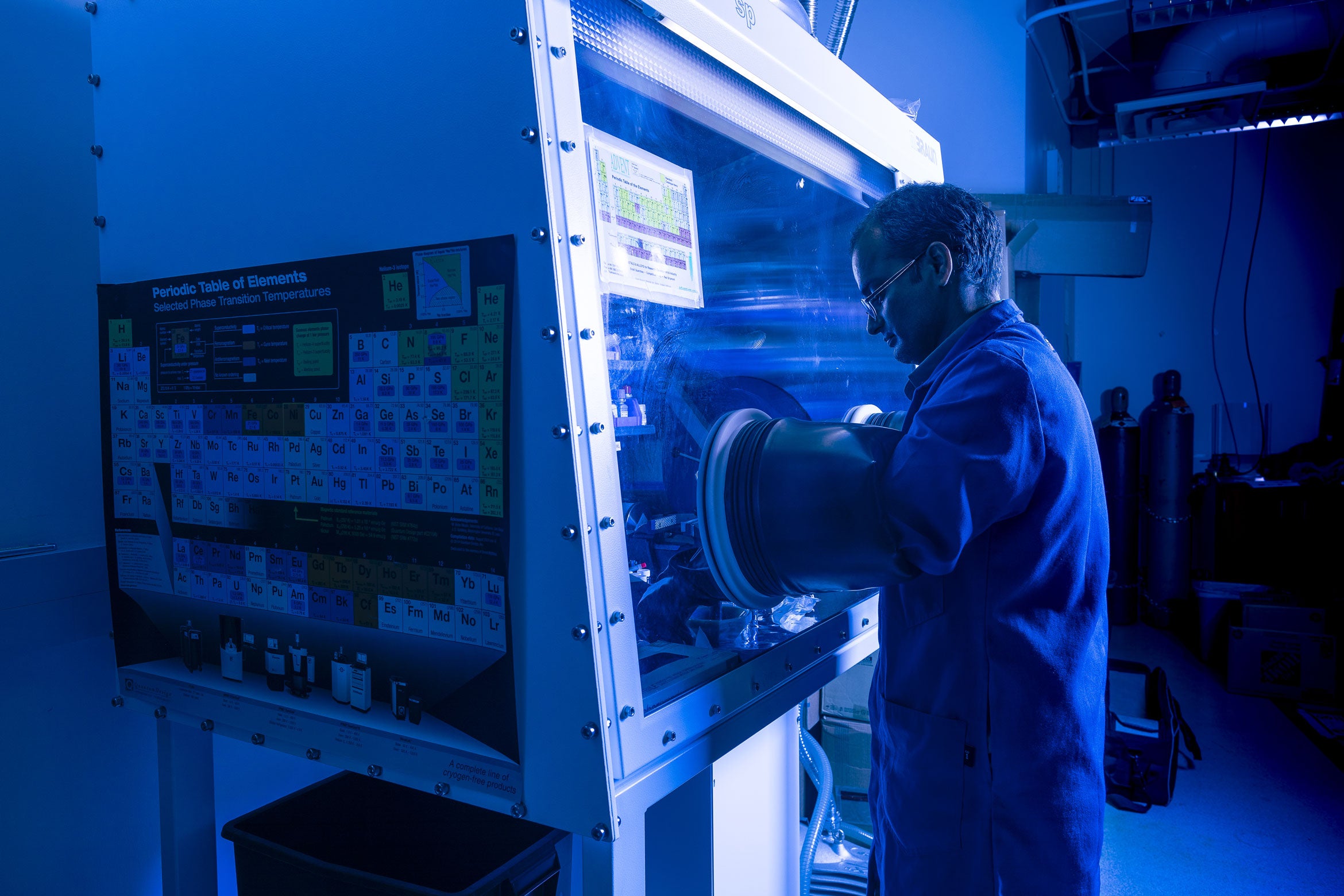Understanding Alzheimer’s

Few diseases are as simultaneously cruel and mysterious as Alzheimer’s, with its ability to obliterate memories even as it robs a person of the capacity to function in the present. Ask anyone who has a family member suffering from the disease and the stories are similar: the difficulty of caring for someone who has lost their ability to perform simple tasks, the constant vigilance necessary over the patient’s whereabouts and physical state and perhaps worst of all, the gradual loss of the person they once knew as the disease ravages their brain.
For an extended family of a few thousand people in Antioquia, on the outskirts of Medellín, Colombia, the tragedy is all too common, but no less horrific: Many of the family members are genetically predisposed to a particularly aggressive early-onset form of the disease, one that is often in full sway by the time they are 45 years old. For these paisas, life is short and futures uncertain.
UC Santa Barbara neuroscientist and physician Kenneth S. Kosik began his work with this family in the early 1990s after hearing about them from neurologist Francisco Lopera, MD . Their efforts have yielded, among other things, a potential therapy that may slow the onset of the disease and, in the case of the Colombian family, a genetic tree that traces their condition to a mutation contributed by a single founder dating back to the 16th century.
“Right now we’ve gotten some impressive insights about Alzheimer’s disease,” said Kosik, “but we’re falling short.” To effectively treat patients, more fundamental knowledge is required about how neurons are affected by the disease. “We very much need deeper understanding and basic research.”
This and other accounts of the ongoing effort to understand and control Alzheimer’s disease are the subjects of an upcoming documentary film screening and panel discussion at UCSB’s Pollock Theater, Tuesday, April 12. The event is free and open to the public, but reservations are recommended to guarantee a seat.
The NOVA documentary “Can Alzheimer’s be Stopped?” will be followed by a discussion between Kosik, the Harriman Professor in Neuroscience at UCSB and co-director of the campus’s Neuroscience Research Institute; Lopera, a clinical neurologist and professor at Universidad de Antioquia; Sarah Holt, a producer at HHMI/Tangled Bank Studios and NOVA/PBS; and Rhonda Spiegel, CEO of the Alzheimer’s Association, California Central Chapter.
“We are fortunate to have at UCSB leading neuroscientists working in this field, and this particular documentary tackles an important range of issues that include not only key advancements in Alzheimer’s research, but also the complex nature of drug trials and collaboration with scientists and patients and communities in Colombia,” said Cristina Venegas, a professor of film and media at UCSB and faculty director at the campus’s Carsey-Wolf Center. “This year, the Carsey-Wolf Center has featured several programs on research surrounding the brain being carried out right here.”
This event is sponsored by NOVA, the Carsey-Wolf Center and Tangled Bank Studios.





